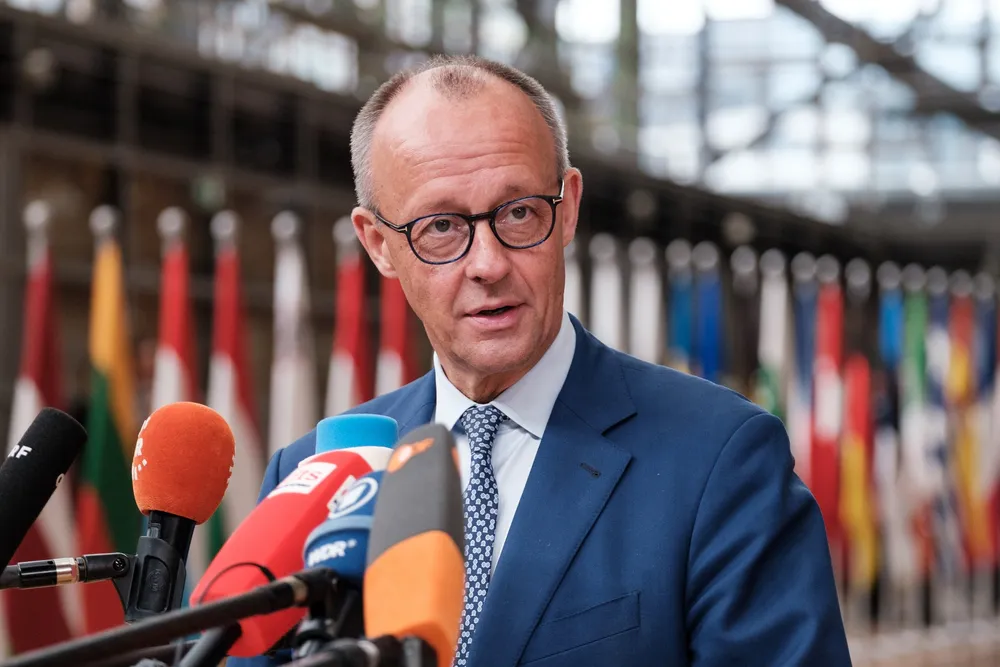Merz and wind sector at odds over cuts to German renewables targets
Statements by Chancellor, state premier from same party, and country’s main wind energy federation seem to contradict each other

Chancellor Friedrich Merz and Germany’s wind sector seem to have a different interpretation of whether renewable energy targets should or will be cut, following the presentation yesterday of a planned revamp of the country’s renewable support system.
Reiche at the same time said Germany is sticking to its 2045 target to reach climate neutrality and to a 2030 goal to reach 80% of renewable electricity, up from almost 60% now.
Her ministry, based on an energy transition monitoring report presented Monday, also said the country should only build as much renewable energy as it actually needs and is economically feasible, and avoid “inefficient overcapacity”.
Whether this meant that the government also plans to slash onshore wind or solar targets remained unclear.
“To reach 80% [in 2030], we need an onshore expansion path,” Bärbel Heidebroek, the president of the country’s wind energy federation BWE told journalists at the opening of the Husum Wind exposition in northern Germany.
“I haven't heard that the minister wants to cut anything.
“There was no mention whatsoever of the onshore expansion path being shortened.”
Heidebroek’s comment seemed to contradict a statement by the Chancellor on the same day.
The agency story didn’t detail, however, whether Merz was referring to renewables in general or any specific technology.
The government doesn’t plan to reverse energy policy, "but we will correct it with regard to the goals of energy security, affordable energy supply and environmentally friendly energy supply,” the Chancellor is quoted as saying.
Back at Husum Wind, Daniel Günther, state premier of Schleswig-Holstein and, like Merz and Reiche, a member of the Christian Democrats (CDU), at the event’s opening, said he is in close contact with the energy minister and agreed to discuss what’s planned at the federal level in more detail.
“One positive thing I'd say today is that the expansion targets for onshore wind power will continue, assuming that we'll increase the share of renewable energy as high as we all set out to do,” Günther said, in what is closer to the wind industry’s interpretation than Merz’s statement.
“But for that to happen, the framework conditions must, of course, be set so that we can achieve this together.”
Günther is from the more liberal and pro-renewables wing of the CDU, while Merz and Reiche are in a more conservative camp.
He said he sees the energy transition monitoring report as an inventory analysis that forms a reasonable basis for discussions on how to proceed with Germany’s Energiewende – its transition from nuclear and fossil to renewable energies.
It should be used to “loosen the shackles” and not put new “obstacles in the way of the companies” in the sector.
Germany’s previous government had presented a strategy to boost the country’s onshore wind capacity to 160GW by 2035 (up from 65GW now), which would require 10GW in annual additions from next year on. The government then also aimed for 215GW of solar by 2030 (from over 100GW now), and 70GW of offshore wind by 2045.
The BWE’s Heidebroek said the country was on a good path to reach an onshore wind expansion of 5GW this year.
10GW in annual additions could be reached next year, but only if “framework conditions remain appropriate,” she warned.
(Copyright)